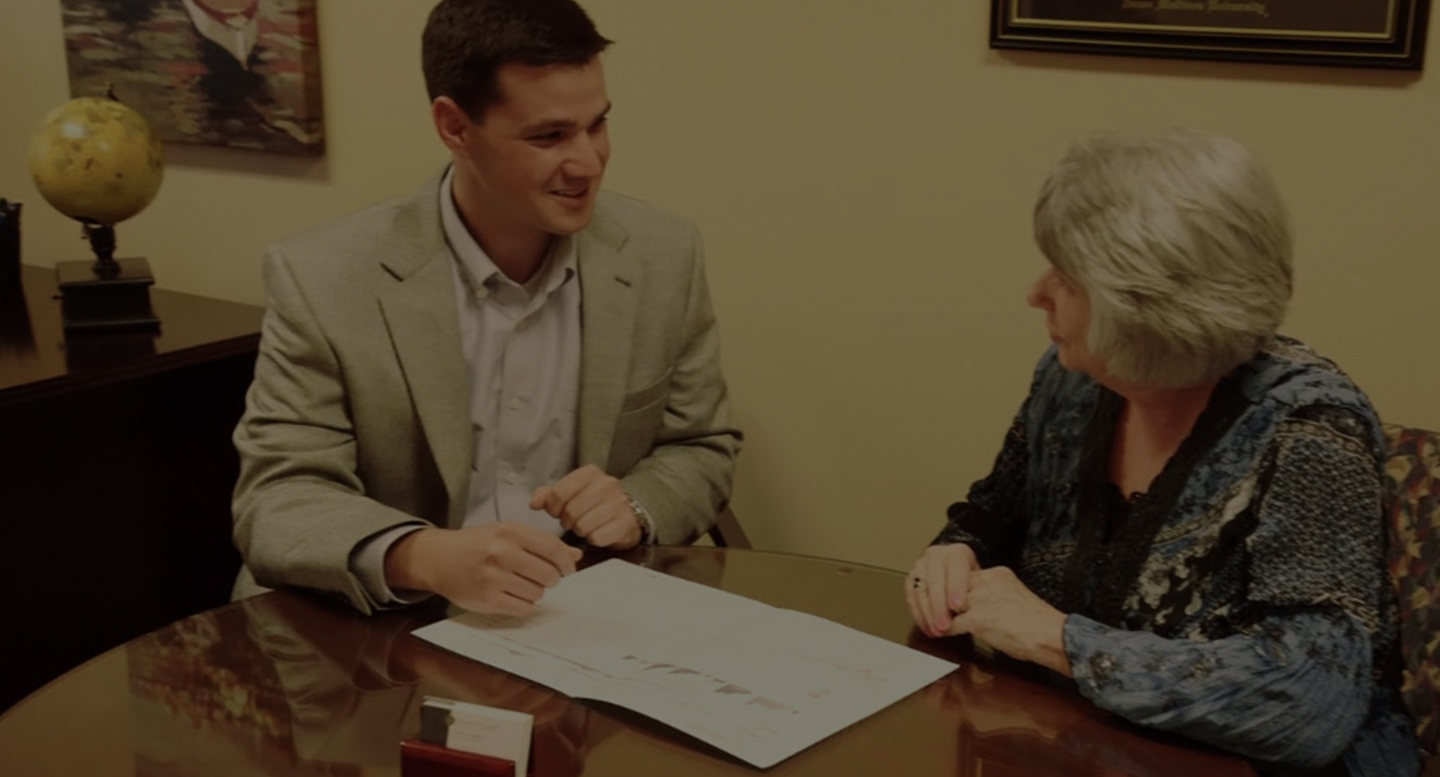Should I Rollover a Dormant 401(k)

When you’re looking through your investments, you may come across accounts that you don’t quite know what to do with anymore. Sometimes, these are older investments from past employer plans or ones that simply got lost in the shuffle as you reprioritized your savings plan at one point or another.
If you have a dormant account from a previous employer, you may be wondering what you should do with it.
First, Understand Your Options
A plan participant leaving an employer typically has four options (and may engage in a combination of these options), each choice offering advantages and disadvantages.
- Leave the money in his/her former employer’s plan, if permitted;
- Roll over the assets to his/her new employer’s plan, if one is available and rollovers are permitted;
- Roll over to an IRA;
- Cash out the account value.
Here are some things to consider as you work through your decision process.
Are You Getting What You Need from Your Plan?
The first thing you should determine is whether you’re getting what you need out of your 401(k). If the plan is well managed and meets your needs, then keep it. If the plan isn’t well-managed or meeting your needs, you may want to consider rolling your assets over into an active 401(k) or IRA.
Do You Want the Option to Contribute to the Plan?
If you want to make future contributions, you’ll want to roll over the assets to a new 401(k) or IRA, since you can’t contribute to a dormant account.
Contributions to a traditional IRA may be tax deductible in the contribution year, with current income tax due at withdrawal. Withdrawals prior to age 59 ½ may result in a 10% IRS penalty tax in addition to current income tax.
Do You Have a Loan Against Your 401(k)?
You may want to leave your assets alone if you have a loan against your 401(k). Should you withdraw your assets, your loan will be paid off immediately but you may be stuck with taxes and an added 10% penalty.
Does Your 401(k) Hold Company Stock?
If your 401(k) is has a company stock component, you may be better off to take advantage of the Net Unrealized Benefit and roll the stock into a taxable brokerage account to avoid tax penalties.
Now, Consider Your Age:
Your age may impact your withdrawal options, due to certain penalties involved with removing 401(k) funds prematurely. However, even if you fall along the younger end of the spectrum, you still have options for releasing your funds from a dormant 401(k), should you choose this route.
Are You Under 59.5 and Want to Take Advantage of Your 401(k) Funds?
If you choose this option, you’ll incur a 10% penalty on withdrawal. Instead of paying this fee, consider whether one of the following situations might suit you better:
- Take a Loan – While you can’t take a loan from a dormant 401(k), you can convert your funds to an active 401(k) and take a loan from that account.
- Hardship Withdrawal – This is another option that’s available through an active 401(k), rather than a dormant one. Depending on your circumstances and what you require the funds for, you may qualify for a hardship withdrawal from your funds if you roll them over to an active 401(k).
- Rollover to an IRA – And of course, you can roll your 401(k) funds into an IRA and take withdrawals from that account when you need them. Your income will be taxable as regular income, but you may still incur a 10% penalty.
Are You Over 59.5 and Want to Take Advantage of Your 401(k) Funds?
If you are over 59.5, you can withdraw funds from your dormant 401(k) and they’ll be taxed as normal income. You won’t need to worry about incurring the 10% penalty.
Did You Leave Your Employer at Age 55?
If you left the employer through whom you acquired the now-dormant 401(k) at age 55, you may want to consider leaving the account alone for the time being, as you may qualify for a “separation from service distribution” payout penalty-free.
Some Final Thoughts
As you can see, there are plenty of variables that come into play when considering what to do with a dormant 401(k). If you have questions about your retirement accounts or are curious about your retirement investment options email or call Jacob Sturgill.


